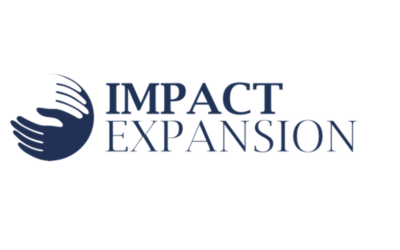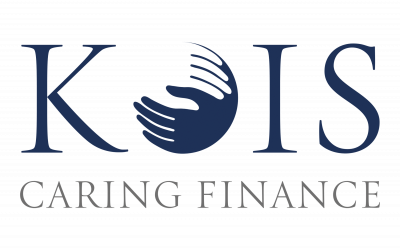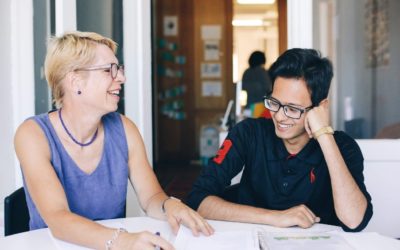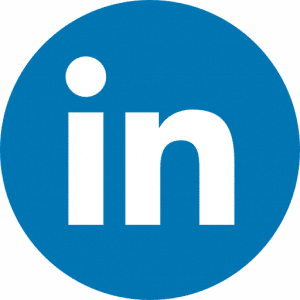Making innovative use of corporate assets to generate business and impact in developing countries
August 3, 2019Project details
Companies are increasingly seeing the opportunity of investing in developing markets and merging their business and CSR strategies. USAID and other donor organizations want to seize this opportunity. Now is the time to create investment synergies and increase their impact in emerging markets. In this scope, KOIS helped USAID map and assess the existing CSR investment models.Collaborating with the private sector to create impact in developing economies
Increasingly, corporations are looking to emerging countries as high-potential markets for the future. In sectors such as healthcare, agro-industry or energy, these markets could strongly benefit from corporate financing.
As a reality check however, emerging markets are sometimes not mature enough. Though it is advantageous for corporates to have a headstart and there is a strong benefit for local economies today, the only way to increase their presence is by finding creative ways to deploy and fund local operations.
In this context, donors such as USAID want to seize the opportunity to play a catalytic role in supporting the development and scale-up of impact and CSR investment initiatives by corporates in developing economies. USAID already leverages its resources through INVEST, an initiative that mobilizes investment for development, but wishes to unlock the potential of private capital to drive inclusive growth in countries around the world.
A New form of collaboration
In fact, investment synergies in high-impact areas such as agriculture, infrastructure, energy, clean water, health, and education could lead to even greater impact in the field. However, they require new forms of collaboration between USAID and the investment & business community.
KOIS helped USAID map the existing CSR investment models and assessed them based on a set of criteria. KOIS also conducted a deep-dive evaluation and tested the appetite of multiple corporates, foundations, local businesses and financial institutions for a Corporate Impact Fund (CIF) in order to catalyse private capital flows into its development objectives.
While the model triggered cautious interest from the stakeholders, notably to strengthen their supply chains, it was generally agreed that a bottom-up approach to selecting financing models tailored to specific needs in a given sector/geography is preferred. USAID is now using those insights to create larger-scale impact in developing countries.
Mapping of identified CSR investment models from impact-first to finance-first, and selection of example companies applying these models.
Impact first
Corporate foundations
Channels for distribution of corporations’ profits into non-profit.
Examples:
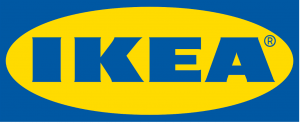 |
Strategic collaborations
Platforms for corporations to offer financial and non-financial support.
Examples:
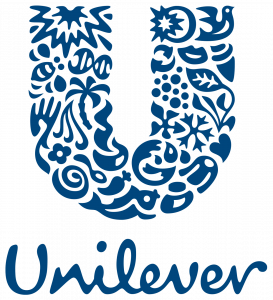 |
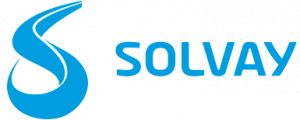 |
Pay-for- performance mechanisms
Funds in which investors receive results-based returns, conditional on achieving impact.
Examples:
 |
 |
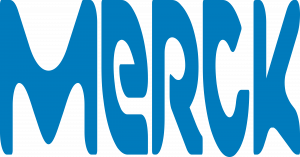 |
Impact investment funds
Funds investing in projects with both societal and financial returns.
Examples:
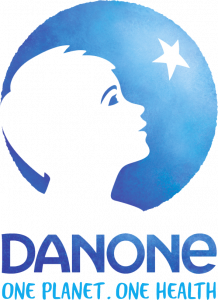 |
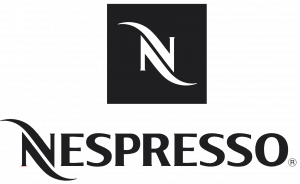 |
|
Corporate impact funds
Co-guarantee model, based on corporations’ CSR funding as first- loss tranche, channelling patient capital to local impactful businesses.
Examples:
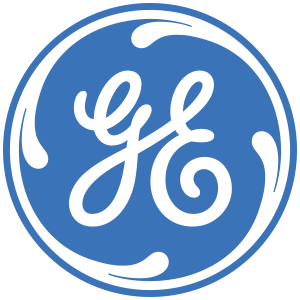 |
 |
 |
Lending initiatives to Micro, Small & Medium Enterprises (MSMEs)
Funds providing affordable loans through lending partners to MSMEs.
Examples:
 |
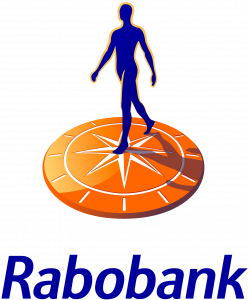 |
 |
Social business units
Corporate unit aiming to resolve a social/environmental issues via a commercial approach.
Examples:
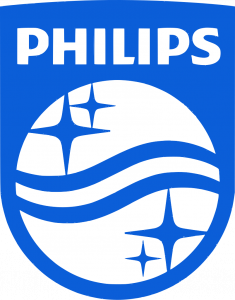 |
|
 |
Incubators and accelerators
Platform helping start-ups to develop by providing various services.
Examples:
![]()
Corporate venture funds
Investments into innovative start- ups related to the company’s own industry.
Examples:
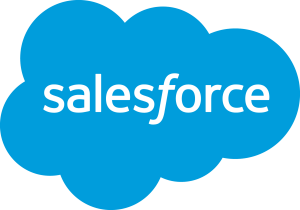 |
 |
 |
Finance first
Private businesses are increasingly seeing the opportunities of creating a lasting positive impact in developing countries. To effectively benefit the local economies while minimizing the corporate investor risks, innovative ways of working are needed. A collaboration with donor agencies such as USAID and the use of innovative finance mechanisms can bring great benefits to all actors.
Discover our other projects
Impact Expansion: investing to tackle social exclusion, healthcare challenges and climate change in Europe
Impact Expansion was founded in 2022 through a covenant of partners from KOIS and Milestone. On the strength of their expertise in impact investing with a strong buy-and-build track record, the fund invests in companies during their growth stage in 3 focus sectors: Healthcare, Education & Employment, and Environment.
Club deals: since its inception, KOIS has initiated and managed a number of impactful club deals
KOIS and Quadria capital co-founded HealthQuad in 2016. Since then,
HealthQuad has become India’s leading Healthcare Focused Venture Capital Fund. The fund typically invests in early stage companies with a high disruption potential in the healthcare industry. HealthQuad aims to contribute to improving affordability, accessibility and quality of healthcare services in India while generating attractive returns for investors.
Multi-country Social Outcomes Contracting to tackle unemployment in Europe
European Union Member States have been confronted with the challenge of unemployment for several decades with relatively similar characteristics. Seeking innovative approaches to tackle this common issue, KOIS has supported the European Investment Advisory Hub (EIAH), in testing the preliminary feasibility of a Pan-European Social Outcomes Contracting (SOC) scheme. In this study, we explore the potential benefits and hurdles of a multi country Social Outcomes Contracting in three pilot countries, France, Belgium and the Netherlands.

